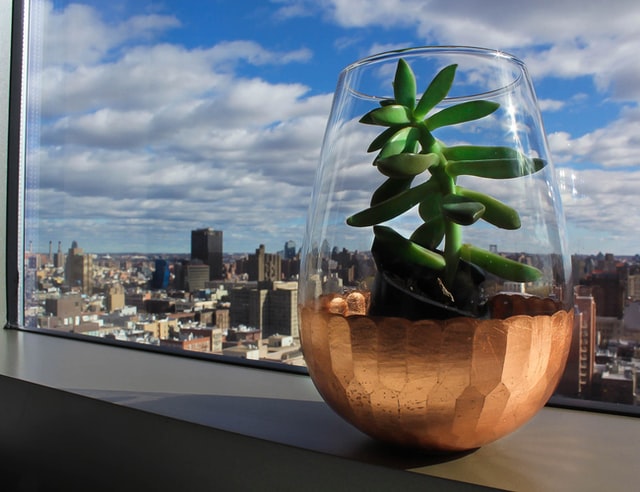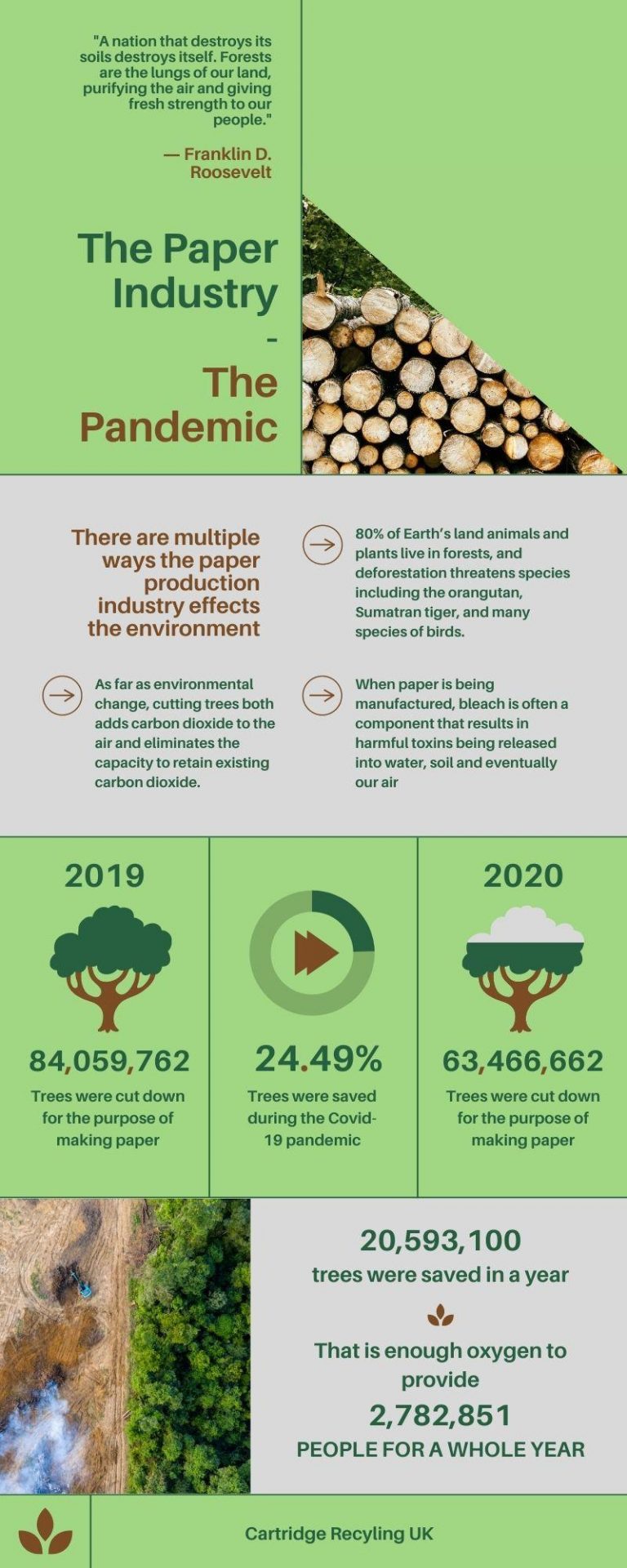With the United Nations’ Intergovernmental Panel on Climate Change (IPCC) warning the world that we have very limited time to reverse the warming of the planet, it is no longer adequate to blame large corporations who emit the most greenhouse gases. It’s no longer enough to blame transportation or the meat industry.
While these entities make up the vast majority of carbon emissions and environmental degradation, everyone needs to make a concerted effort to decrease their carbon footprint and do what we can to mitigate our impact on the environment. Your eating habits and transportation methods contribute greatly to your footprint, but what about your home? Any home needs certain things, some of which have a great effect on energy usage and therefore the burning of fossil fuels. Don’t despair—there are plenty of ways to make your home more environmentally friendly.
Heating & Cooling
Your thermostat takes up a large portion of the energy use in your house. While green energy is spreading and becoming more viable, the vast majority of energy is produced with fossil fuels. Heating and cooling are the biggest culprits when it comes to emissions in your household. There are a variety of ways you can curb the effect this has on the environment. One option is to use the thermostat less or not at all. Another is to buy a smart thermostat, which enables you to control the temperature of your home from your phone and only use the air and heat when you’re at home.
How long you use cooling and heating will also impact the amount of energy you use and therefore your carbon footprint. Finally, the insulation of your house will have an effect on how much you use the thermostat. Seal your doors and windows and look into attic insulation removal so you can put in new insulation. With new insulation and sealed windows and doors, you will use a lot less energy to heat and cool your home.
Smart Appliances
Like smart thermostats, there are plenty of other smart appliances that can help you save on water, energy, and money. For example, smart washers can recycle water and use less power than your average dish or clothes washer. Smart dryers also cut down on energy. Smart refrigerators save power in a variety of ways and help you save food, which is another area where you should cut down on your spending, waste, and purchases of environmentally questionable foods.
The Food You Buy
The production of meat and dairy accounts for 14.5 percent of global greenhouse gas emissions. You don’t have to stop eating meat entirely, but cutting down on meat and dairy will improve your carbon footprint greatly. In addition to meat and dairy, you should be careful to buy foods that are produced with corn and soy. These two crops are large culprits when it comes to unsustainable food production. Almonds use a lot of water and aren’t great for the environment either. You don’t have to get obsessed with finding all the foods that are bad for the planet, but paying attention will improve your carbon footprint and decrease your impact on the environment.
Lighting
Lighting is another part of your home’s environmental friendliness. You should turn off your lights as much as you can, but more importantly, you should change from incandescent light bulbs to LED bulbs. Not only do LED lights last a lot longer than traditional bulbs, but they also use less energy. Your bills will decrease and your energy use will go down. LEDs are more expensive, but they last so long that they end becoming cheaper than incandescent bulbs.
An Eco-Friendly Addition
Homing pigeons can contribute to an environmentally friendly home by promoting natural connections with wildlife. These birds require minimal resources and provide an organic way to enjoy nature while reducing stress. Incorporating homing pigeons into your outdoor space adds a sustainable and charming element to your eco-conscious lifestyle.
There are more ways to improve the environmental friendliness of your home, but these are a great place to start. Of course, your transportation habits are a huge part of your carbon footprint, but your home itself can be improved to decrease your energy use and lower your bills. If you are willing to invest a little money in your appliances, food, and lighting, you can mitigate your impact on the planet and save money in the end. While you won’t solve the entire problem of climate change with your choices, every effort counts and is important to create a cleaner, less polluted world.
Ryan Beitler is a writer and blogger who has written about environmentalism for a variety of publications.




